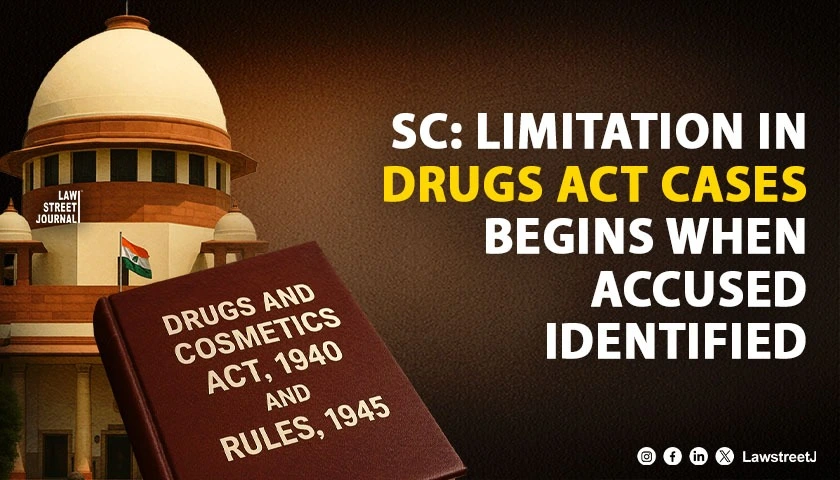The Bombay High Court has upheld an order of the Pune sessions court passed in 2011 convicting and sentencing three men to life imprisonment in a gang-rape case, but made critical comments against defence lawyers and the judge in the case.
In an order passed on September 28, a divisional bench of Justices Sadhana Jadhav and Sarang Kotwal, while upholding the conviction and life term, made some strong observations on the conduct of defence lawyers and the judge in the case, particularly during the cross-examination of the victim.
Under the garb of giving suggestions, graphic details of the act were put to the witness, the Court stated in disapproval. Pertinently, the Bench expressed its unhappiness on the trial decision passive approach in permitting such questions.
The HC said in the present case, the sessions judge "failed in his duty" to protect the dignity of the victim, an MBA graduate who was gang-raped in the Hinjewadi area of Pune.
While the High Court bench appreciated the trial judge for the way the trial was conducted otherwise, it did not agree with the free hand to the defence while cross-examining the victim.
The High Court noted Section 152 of the Indian Evidence Act, to emphasize that the trial courtroom docket changed into an obligation to forbid any questions which seemed to be insulting or annoying.
"While it is true that the accused has a right to conduct cross-examination to prove his innocence but these suggestions can by no stretch of imagination be called as proper cross-examination. Even under Section 152 of the Indian Evidence Act, the Court was duty-bound to forbid any question which appeared to be intended to insult or annoy or which though proper in itself, appeared to the Court needlessly offensive in form," it stated.
On the suggestions made to the victim were violative of basic dignity, the bench said, "The Court is expected to warn the witness that he is not obliged to answer if such questions are improper and if there is a great disproportion between the importance of the imputation made against the witness's character and the importance of his evidence."
On the point of sentence to the accused, the bench relied on Supreme Court judgment in the case of Purushottam Dashrath Borate & another v. State of Maharashtra where the court had observed that violent crimes against women were on therise and therefore the sentencing policy adopted by the Courts, in such cases, ought to have a stricter yardstick so as to act as a deterrent.
The appellants had been convicted for offenses under Section 376(2)(g) (rape at some point of communal violence), 506 (criminal intimidation), 366 (abduction), and 342 (wrongful confinement) of the Indian Penal Code (IPC) with the aid of using the Pune Sessions Court. The Bombay High Court bench upheld the life imprisonment of three convicts.






